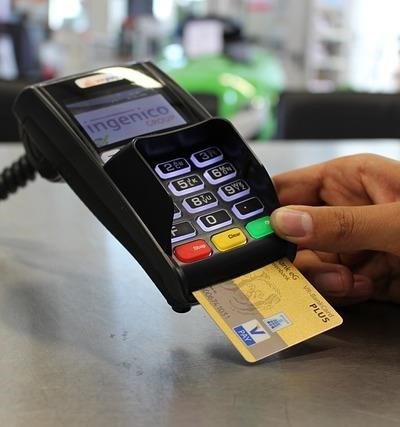
Let’s talk about finding the right credit card for your everyday needs without breaking the bank. Choosing a card can feel overwhelming, but with a structured approach, you can find a perfect fit. Remember, the «cheapest» card isn’t always the best; it depends entirely on your spending habits and financial goals.
Understanding Your Needs
Before diving into specific cards, consider your spending patterns. Do you frequently buy groceries? Fill up your gas tank often? Do you travel regularly? Identifying your biggest spending categories will help you pinpoint cards offering the best rewards in your areas.
Types of «Cheap» Credit Cards:
- No Annual Fee Credit Cards: These are a fantastic starting point, eliminating a recurring cost. Many offer decent rewards or cashback, making them ideal for beginners or those on a tight budget.
- Low Interest Credit Cards: If you anticipate carrying a balance (something to avoid if possible!), a low credit card APR (Annual Percentage Rate) is crucial. However, remember that responsible credit card use involves paying your balance in full each month.
- Cashback Credit Cards: These cards offer a percentage back on your purchases, essentially giving you money back on your everyday spending. Look for cards with rotating bonus categories or those that offer a flat rate across all purchases.
- Rewards Credit Cards: Similar to cashback, but rewards can be redeemed for travel, merchandise, or statement credits. Carefully compare the value of the rewards offered before committing.
Best Credit Cards for Beginners and Students
For those new to credit, secured credit cards or budget credit cards are excellent entry points. Secured cards require a security deposit, reducing the lender’s risk. This can help you build credit history, paving the way for better cards down the line. Best credit cards for students often feature low fees and student-friendly perks.
Avoid These Pitfalls
While seeking affordable credit cards, beware of hidden fees. Read the fine print meticulously! Prepaid credit cards aren’t the same as credit cards; they don’t build credit. Focus on responsible spending and timely payments to avoid high credit card interest rates and damage to your credit score.
Next Steps:
- Credit Card Comparison: Utilize online comparison tools to evaluate various cards based on your criteria.
- Credit Card Application: Apply for cards that best fit your financial profile and spending habits. Check your credit report before applying.
- Monitor Your Spending: Track your progress and ensure you’re maximizing your rewards and staying within your budget.
Remember, responsible credit card use is key. Building good credit takes time and discipline. Start small, choose wisely, and you’ll be well on your way to financial success.